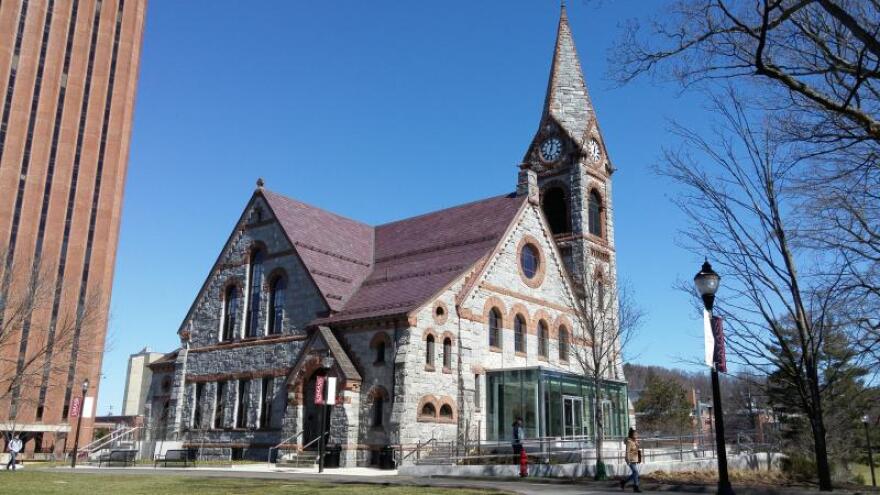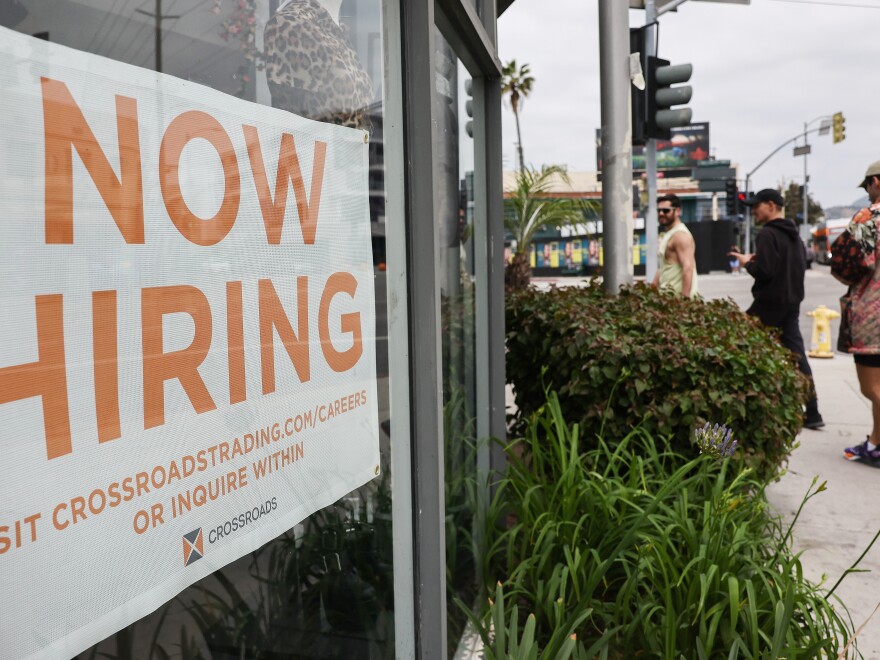According to a new UMass Amherst report, the research and development industry has a significant impact on the Massachusetts economy and could be curtailed by the federal government.
According to the survey, one out of every ten research and development positions in the country are located in the state. And that has a swiftly compounding effect.
“The state receives approximately $8.6 billion, which directly supports over 46,000 jobs,” stated Rod Motamedi, assistant director of Economic and Public Policy Research at the UMass Donahue Institute.
According to him, the spin-off effect almost doubles Massachusetts’ economic impact to over $16 billion and 81,000 employment. Motamedi went on to say that the state economy and the research sector would suffer greatly if the federal reductions were to occur.
“For every $1 million that’s cut, we’re losing something like 9-10 jobs, so that adds up pretty quick,” he stated.
The research economy also benefits the food and beverage industry, building and real estate, and support and administrative services.
Motamedi further noted that in addition to the possible financial loss, there is also the loss of research and creativity, which might be vital in the hunt for new discoveries or treatments for illnesses.
To assist offset some possible federal losses, Governor Maura Healey unveiled legislation on Thursday that would contribute $400 million for the research industry, the same day the study was released.
According to a press release from Healey, Massachusetts is the world leader in cutting-edge research and the finding of therapies that can save lives. Funding for research is also essential to the Massachusetts economy and its infrastructure. The goal of this measure is to create jobs in a variety of sectors, including construction, food services, healthcare, and education.
A one-time, multi-year research pool for hospitals, universities, and other institutions would be funded with half of the funds Healey suggests using. The remaining half would support research at the public universities in the state and would be financed by the state’s surtax on incomes over $1 million.






